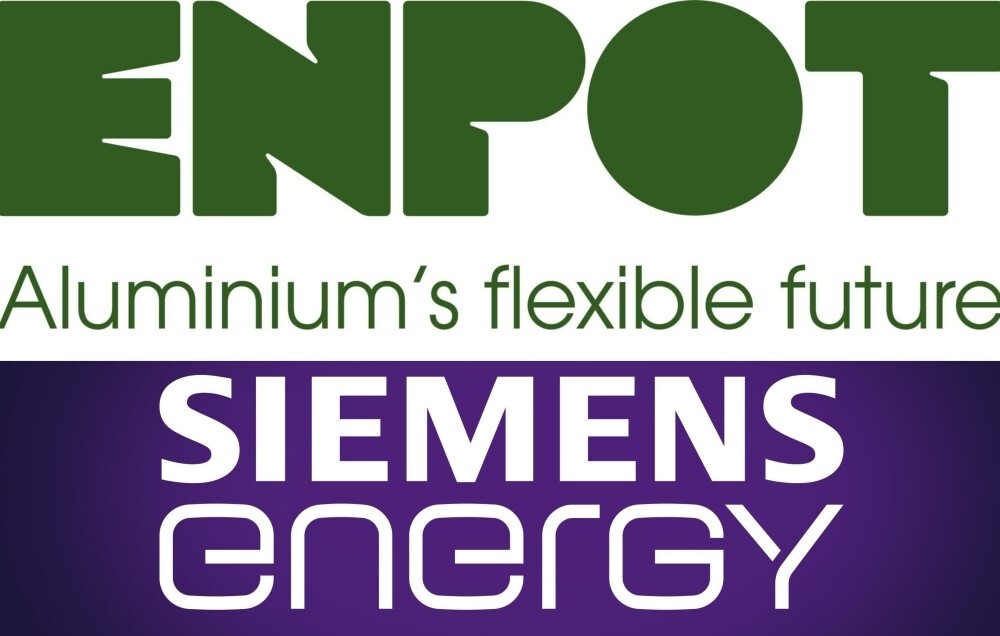

Siemens Energy and New Zealand-based EnPot Ltd inked an agreement to cooperate at an official ceremony with New Zealand's Prime Minister Christopher Luxon in Shanghai today. The deal signals the companies' joint drive to accelerate the decarbonisation of China's energy-intensive primary aluminium industry. Together, EnPot and Siemens Energy will offer solutions to enable intelligent energy management and power modulation for aluminium smelters.

New Zealand's Prime Minister Christopher Luxon said, "This agreement is a great example of a successful collaboration between New Zealand and China-based companies and a positive step towards decarbonisation and a more sustainable future. It's great to see New Zealand climate tech competing on the world stage to make a real difference in this emissions-intensive sector."
The companies' complementary technologies will provide a path for China's aluminium producers to integrate more renewable energy, improve energy efficiency and reduce operating costs. Siemens Energy China GM, Transformation of Industry Qin Zheng said, "Siemens Energy drives the energy transition, advancing green energy adoption across industries. EnPot brings core technologies in commercial operation and expertise in aluminium electrolysis.
"Our deep collaboration in smart energy management for aluminium electrolysis combines complementary strengths to accelerate energy efficiency upgrades and low-carbon transformation. Together, we will power sustainable development for China's aluminium industry and beyond."
EnPot CEO Karyna Young said, "We're proud to collaborate with Siemens Energy in a joint effort to decarbonise the Chinese aluminium industry. Siemens Energy are one of the world's leading energy innovators, making them an excellent fit for EnPot's deep modulation technology."
As the world's top aluminium producer, accounting for more than 55 per cent of global output, China is driving change in the industry through bold policy. This includes a target for renewable energy to power 30 per cent of its aluminium industry by 2027, increasingly strict emissions standards and capacity caps. Building on this momentum, the two companies are committed to driving rapid advancements in energy efficiency and low-carbon transformation for aluminium smelters.
Responses








